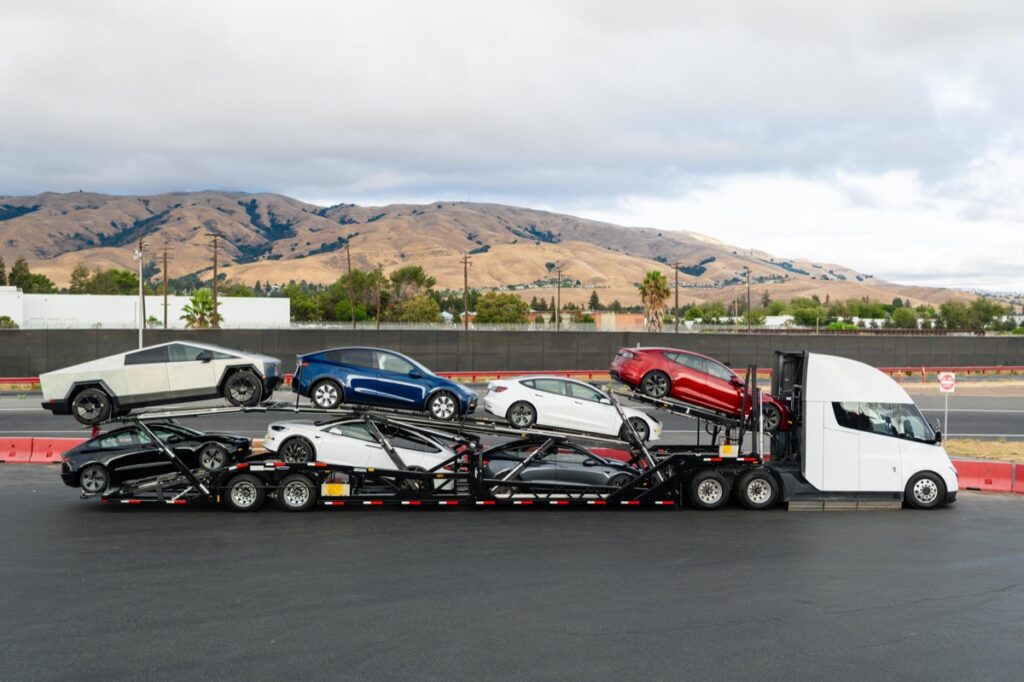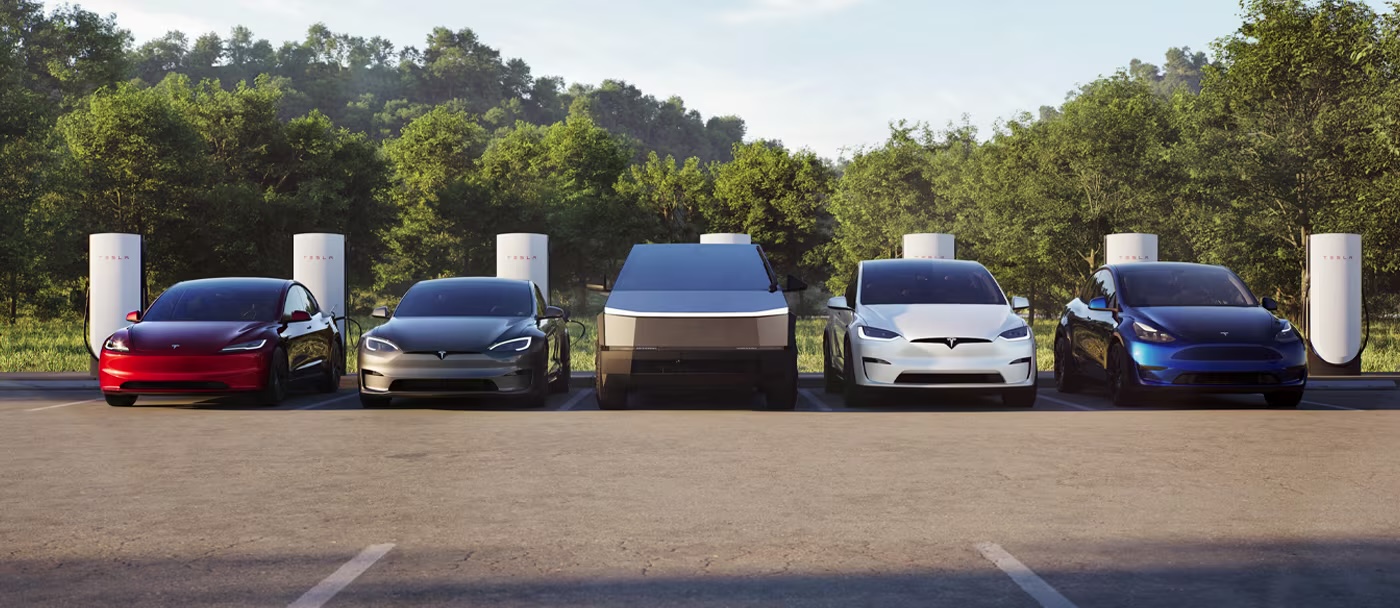
Tesla Owners Lose Class Action Lawsuit Over Battery Range
Tesla owners who have accused the company of misrepresenting the estimated driving ranges of its electric vehicles were directed by a federal judge to resolve their disputes through individual arbitration rather than through class action lawsuits.
U.S. District Judge Yvonne Gonzalez Rogers, based in Oakland, California, ruled on Thursday that the drivers had agreed to an arbitration provision when purchasing their vehicles, reports Reuters.
The lawsuits, which involve allegations of fraud by Tesla, claim that the company, under CEO Elon Musk, overstated the vehicles’ travel range on a single charge and misrepresented the driving range displayed on vehicle dashboards.
This legal action gained traction following a Reuters special report in July, which disclosed Tesla’s creation of a secret team aimed at addressing drivers’ complaints about driving range. The lawsuits referenced findings from this special report.
Tesla has yet to officially respond to these allegations, previously describing the claims in the lawsuits as “unmeritorious.” Requests for comment from Tesla and the company’s lawyers received no immediate response. Similarly, attorneys representing the plaintiffs in the two cases have either declined to comment or have not responded to inquiries.
While Judge Rogers’ order did not dive into the merits of the drivers’ claims, she did not dismiss the lawsuits outright. She mentioned the possibility of issuing an injunction against Tesla if the drivers successfully arbitrate their claims under California’s unfair competition law and other legal provisions.
Attorneys for the drivers criticized Tesla’s push for individual arbitration as an attempt to “avoid classwide liability for its deceptive conduct.”
This legal development comes in the wake of Tesla adjusting its driving range estimates for electric vehicles in January, following the implementation of a new U.S. government vehicle-testing regulation aimed at ensuring automakers accurately represent real-world performance.


